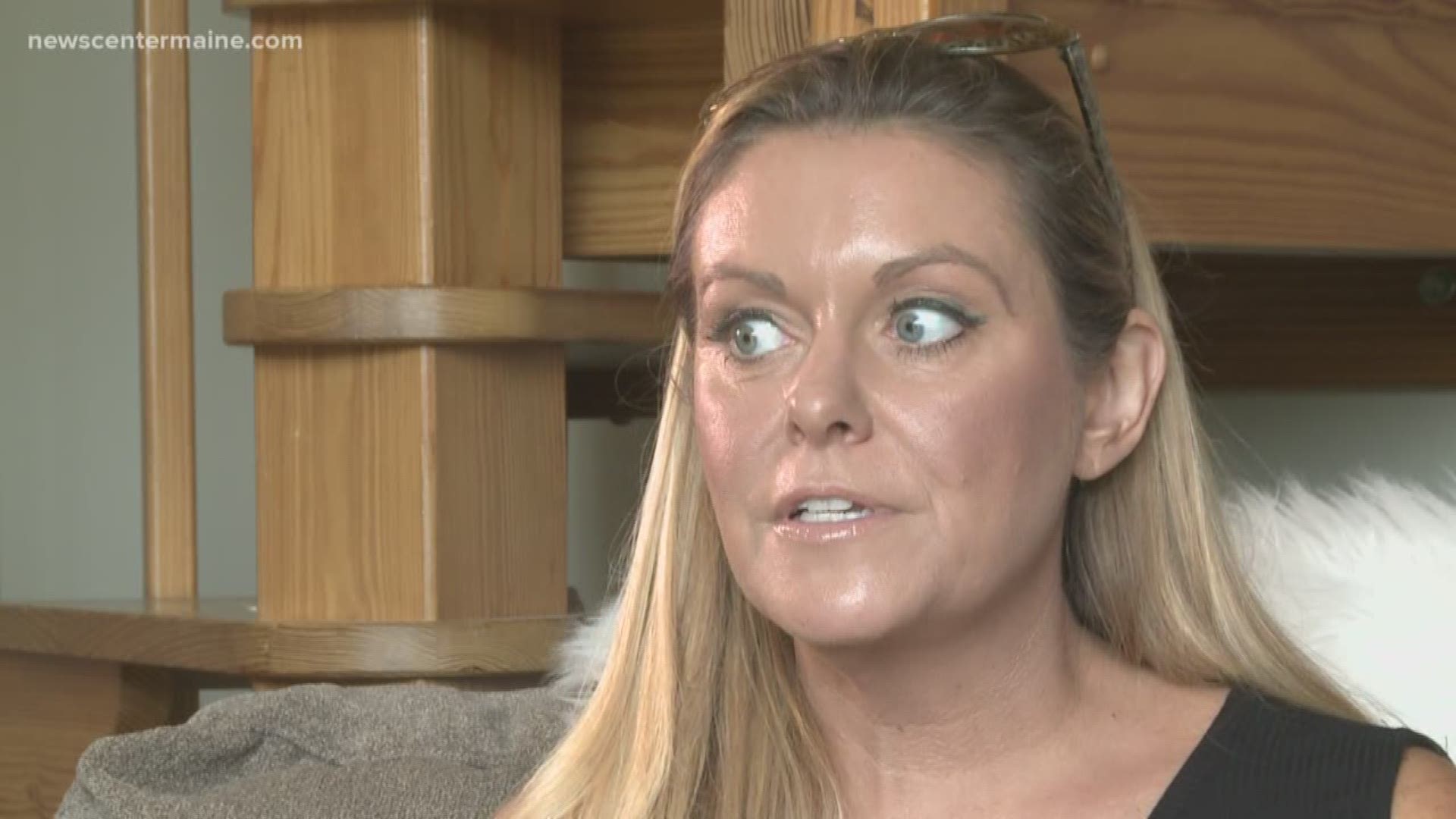GLENBURN (NEWS CENTER Maine) – Marty Kelley was just about to give up on alternative treatments for her son Kenny’s autism, when she turned to something drastic: stem cell therapy.
“I didn't think it was going to work,” Kelley said.
She said Kenny, who was 8 at the time, was lashing out and nonverbal before treatment.
When she discovered the experimental therapy was available at a lab in Panama, she decided to take the risk.
"As a mom it was a little scary, but I think I combated that fear with a lot of research,” Kelley said.
The family has since traveled hundreds of miles for treatments. Kenny has received injections of adult stem cells taken from umbilical cord blood.
Research has found stem cells are able to form and grow into different kinds of cells that may help regeneration in the body.
Kelley said they have paid tens of thousands of dollars out of pocket because it is not covered by insurance because stem cell treatment of this kind is not yet fully approved in the United States.
The Food and Drug Administration told NEWS CENTER Maine in a statement that “adult stem cells are intended for use as an ‘unproven treatment.’”
The FDA has been struggling to keep up with labs and clinics popping up nationwide. The agency has issued several consumer alerts in recent years.
But that does not mean research and certain kinds of therapy are not happening here.
"This is the closest thing to a magic bullet you can get,” Dr. Gerard Graves said.
Graves, a chiropractor and owner of Bangor Chiropractic and Alternative Medicine, offers stem cell therapy at his clinic in Bangor for upwards of $10,000 at a time. He said it is the only clinic of its kind in the state.
Despite the controversy and skeptics, Graves said he has seen the therapy provide relief to people experiencing severe joint and muscle pain.
"All I do is offer the service, the therapy, I'm like ‘Look I'm here this is something that's shown great promise to help people,’ and I signed on to be a doctor for that reason,” he said.
Researchers and students at the University of Maine are studying stem cells in the brain.
“Not all stem cells are the same,” Asst. Professor of Neurobiology Kristy Townsend said.
Townsend said research of stem cells is happening across the country—but the science is not quite where it needs to be to become an accepted treatment in the U.S.
"The public tends to get very excited about cures which is why we love supporting biomedical research,” she said “But we need to make sure things are safe and effective through clinical trials before we start putting patients' lives in the balance."
It has been 10 years since Kelley first took Kenny to treatment in Panama, and now she is sharing her family’s success with others across the country.
She runs a Facebook group that helps more than 7,000 parents across the country find this treatment for their children.
"Are we there yet? Were we there in 2008 when I did it for my son? Hey, it worked and I would be here with a severely autistic son and he'd have to be institutionalized if it wasn't for that,” Kelley said.
Kelley said people should be educated before pursuing stem cell treatment and is concerned about new clinics in the U.S. taking advantage of vulnerable people.
She still stands behind the treatment her son received—one that she said has changed their lives.
"After stem cells every day just got better,” Kelley said. “He can talk to me. He’s independent.”
For more information on stem cell regulations and treatment in the U.S. click here.

